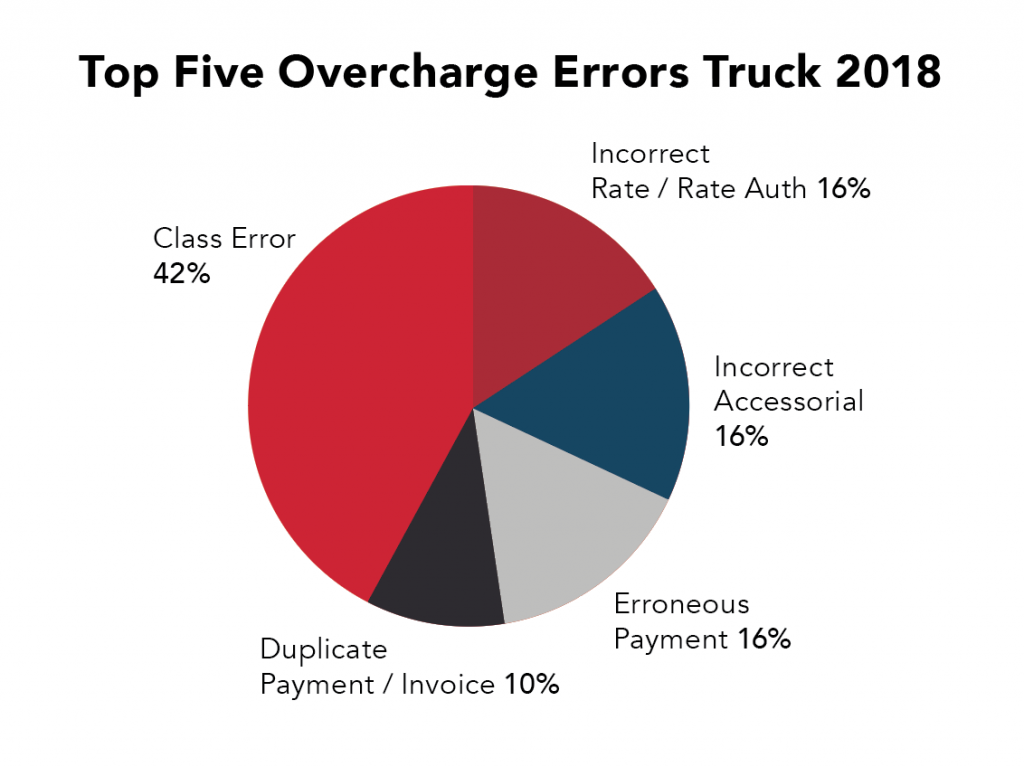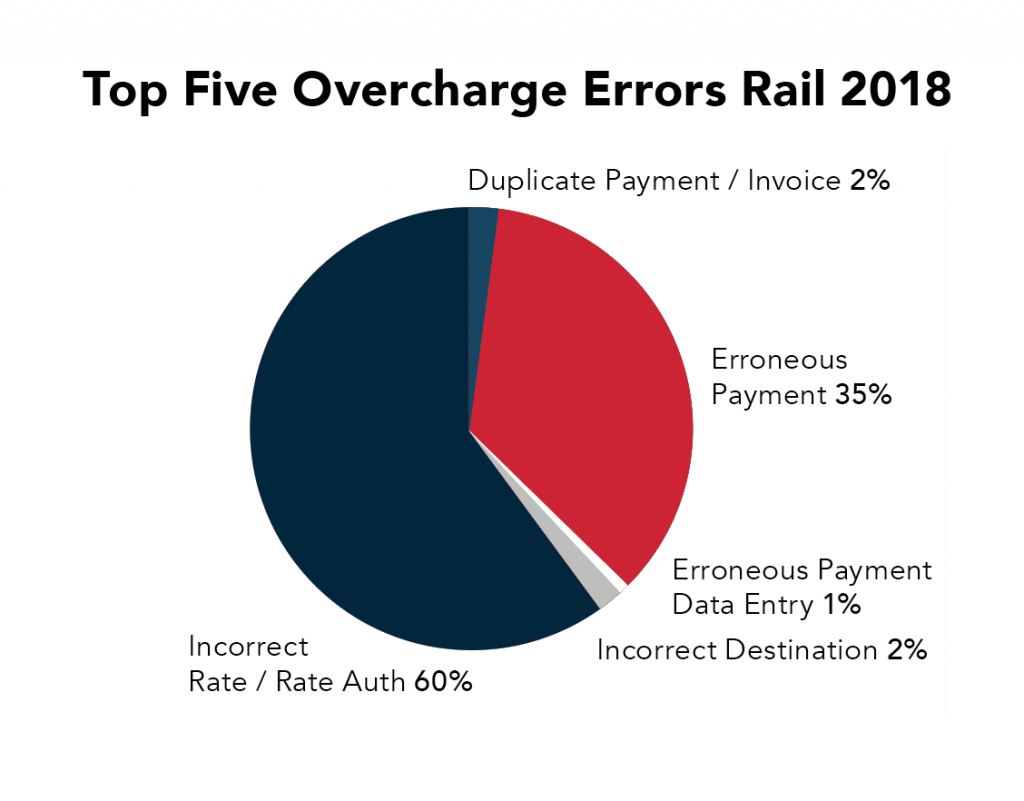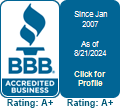UPS and Matternet, a startup drone company, recently partnered to make the first continuing commercial drone delivery—a swap of medical supplies between North Carolina hospitals. The immediate plan is for UPS to make multiple, daily flights for the WakeMed Health & Hospitals network in Raleigh, NC, while harvesting the data and experience to offer similar services to other hospitals around the U.S in the future. These drone deliveries have already proven to take less time than the conventional method of transferring products via ground vehicles. What would normally take a driver about 30 minutes, depending on the traffic, would take drones just under 3.5 minutes. Currently, only 10 deliveries a day are scheduled, but if the service continues to be beneficial, the number will increase. Using drones is good for UPS’s bottom line, as there is a greater profit margin. As such, the company is looking to expand further into managing and delivering health care products. UPS has also worked with another drone maker, Zipline, which is making deliveries in remote areas of Rwanda.
Precision Scheduled Railroading (PSR) is a popular concept in the rail industry today. Some of the key goals of PSR are better customer service, reliability and efficiency. After the Canadian National and Canadian Pacific showed profitable success with PSR, CSXT launched its own implementation. Eventually, as CSXT began to show gains and improvements, the Union Pacific announced its plans for implementation, and the Norfolk Southern and Kansas City Southern followed soon thereafter. This indicates that PSR is a major goal for most major U.S. railroads. According to a recent article on Trains.com, the lone holdout among Class I railroads is BNSF, which has yet to indicate its intentions. Even so, shippers can anticipate changes in rail service as the plans unfold over the next few years.
Great News for Clients!
Despite the volatility of the transportation industry in 2018, AMTR experienced its best year on record! This is good news for our clients, as our after-payment audits enabled us to file a record number of freight overcharge claims, resulting in more savings than ever. This success was driven by our continued strategic focus on auditor education and training, technology innovations, and process improvement driven by analytics and data-based decision-making. A look back at our 2018 claims remind us that complexities still drive freight cost problems—even for companies that have best-in-class transportation/supply chain operations. The charts below give insight as to the types of errors and percentage of occurrence for each (by $ amount) that we saw across all after-payment audit claims paid in 2018.
These kinds of errors result in freight overcharges that take time and expertise to identify, address and resolve, all of which are what we do best at AMTR. With transportation budgets getting increasingly tighter, partnering with AMTR for after-payment freight audits could make 2019 a year of unexpected savings!


New Scholarships and New Degrees
AMTR Truck Audits Manager, Kelly Kirkpatrick-Lee, was selected for a Women in Trucking (WIT) Leadership scholarship. This marked the third scholarship she received in 2018. Congrats Kelly!
Kelly also joined our interns-turned-employees, CJ Summerville and Peter Israsena, in graduating with their Bachelors degrees in December. Kelly graduated with a major in Business Management and minor in History, CJ a degree in Supply Chain Management, and Peter a degree in Computer Science and a minor in Math. We are so proud of all of them!
Last year was a very strong year for the trucking industry, and many analysts predict that 2019 will follow suit. The American Trucking Association recently released its “Freight Forecast”, predicting truck volume will grow around 2.3% annually from 2019 to 2024. Truckload rates are also expected to rise in 2019, but at a slower pace than in 2018. According to FTR Transportation Intelligence, truckload contract rates are also expected to grow anywhere from 7-10% and spot quotes from 1-5%. Accompanying these outlooks, the US Energy Information Administration states diesel fuel prices should fall from an average of $3.17 to $2.95 (per gallon).
Virginia-based Norfolk Southern (NS) recently announced its headquarters will be relocated to Atlanta, Georgia. In tandem with this historic move, NS has implemented a state-of-the-art network operations center, pulling together data analytics to better serve its customers in the areas of safety, operating efficiency, customer service, and asset utilization, using GE Transportation’s Movement Planner System.
Also, Kansas City Southern de México (KCSM) recently announced that, effective January 21, 2019, it will be implementing a new Mexican Customs online clearing system for the Laredo gateway. This new tool, called Ventanilla Única de Comercio Exterior Mexicana (VUCEM), is to be implemented at the international rail bridge at Laredo/Nuevo Laredo. All Mexican Brokers should be familiar and be testing their links to VUCEM to be ready to facilitate the change on behalf of their customers. To avoid delays for shipments that fail Rail Manifest and VUCEM, parallel processes of submitting the paper customs documents and managing the EDI messages through Rail Manifest will both be required.
Making sure bills of lading and delivery receipts are clear and accurate is very important in ensuring proper charges are applied, especially in regard to accessorial charges. To help prevent erroneous accessorial charges, it is important that both shippers and consignees consider the following ideas. For shippers, general notes listed on bills of lading, such as “liftgate approved”, should be used with caution. The interpretation may differ depending on who reviews the note. For a shipper, the note implies “if” liftgate services are needed, the shipper has pre-approved this charge for billing. However, a carrier’s rate clerk could view this as a request for an accessorial service and apply the associated fee. Shippers should consider removing such notation or clarifying further. For consignees, the focus should be to ensure the delivery receipt is marked accurately at delivery. For instance, if an accessorial service—such as liftgate delivery—is performed, then the delivery receipt should be clearly marked, along with an initial or signature. If a service is not performed, yet listed on the delivery receipt, consignees should mark out the verbiage and note that the service was not performed. Furthermore, consignees can contact a shipper about a specific shipment in the case a service was to be performed and was not. Both shippers and consignees must work diligently to ensure that carriers have the most precise information available in order to bill correctly. A little upfront work can result in greater freight cost savings down the road!
As Class I railroads continue to seek ways to more efficiently use resources by implementing new strategies, such as precision railroading, updates and modifications to pricing documents may occur. These changes, however, should not result in unfair rates for shippers. Shippers should be aware that such changes can likely lead to mistakes and unintended rate increases. Whether it is the removal of a rate from a specific tariff or the unintended omission of a regularly used shipping lane that leads to a shipper paying an unreasonably high mileage scale, AMTR is here to help shippers discover, track and correct these errors. AMTR has recently recovered hundreds of thousands of dollars in unintended overcharges for clients that were the result of shipping lanes being “left out” of a railroad’s new pricing document. AMTR has been helping shippers through these types of industry changes for nearly 40 years. Our in-depth knowledge of our clients and their shipping routines allows us to discover unreasonable changes in rates, work with carriers to return overlooked rates to pricing, and ultimately recover overcharge monies for clients.
AMTR recently awarded two scholarships to students at the University of Central Arkansas (UCA). Alyssa Traylor was awarded the Supply Chain scholarship, and Blake DeLuca the Management Information System (MIS) scholarship. AMTR is proud to partner with UCA in recognizing these outstanding scholars. We wish them continued success in their educational endeavors!
The Association of American Railroads (AAR) recently announced that Ian Jefferies will succeed longtime president, Edward Hamberger, upon his retirement. Jefferies is currently the organization’s Sr. VP of government affairs and senior policy advisor in Washington. During his five years at AAR, Jefferies has been an instrumental advocate regarding the STB Reauthorization Act and tank car safety enhancements, while defeating efforts to increase truck size and weight limits. His prior experience in government policy will also greatly enhance his success as he leads the AAR into the future.






